Who were the six hostages whose bodies Israeli military recovered from Gaza?
Corpses of six captured by Hamas during 7 October attack found in tunnel beneath Rafah, says Israeli military
Israel has recovered the bodies of six hostages who were captured by Hamas during the 7 October attack that ignited the Gaza war.
The Israeli military said early on Sunday that the corpses were found in a tunnel beneath the southern Gaza city of Rafah, with the six having been killed shortly before they were set to be rescued.
The discovery sparked calls for mass protests by families of the hostages who said their loved ones could have been returned alive in a ceasefire deal.
Israeli-American Hersh Goldberg-Polin, whose parents had led a high-profile campaign for the captives’ release, was among the five hostages who were taken from a music festival where Palestinian militants killed scores of people, while the sixth was captured from a nearby farming community.
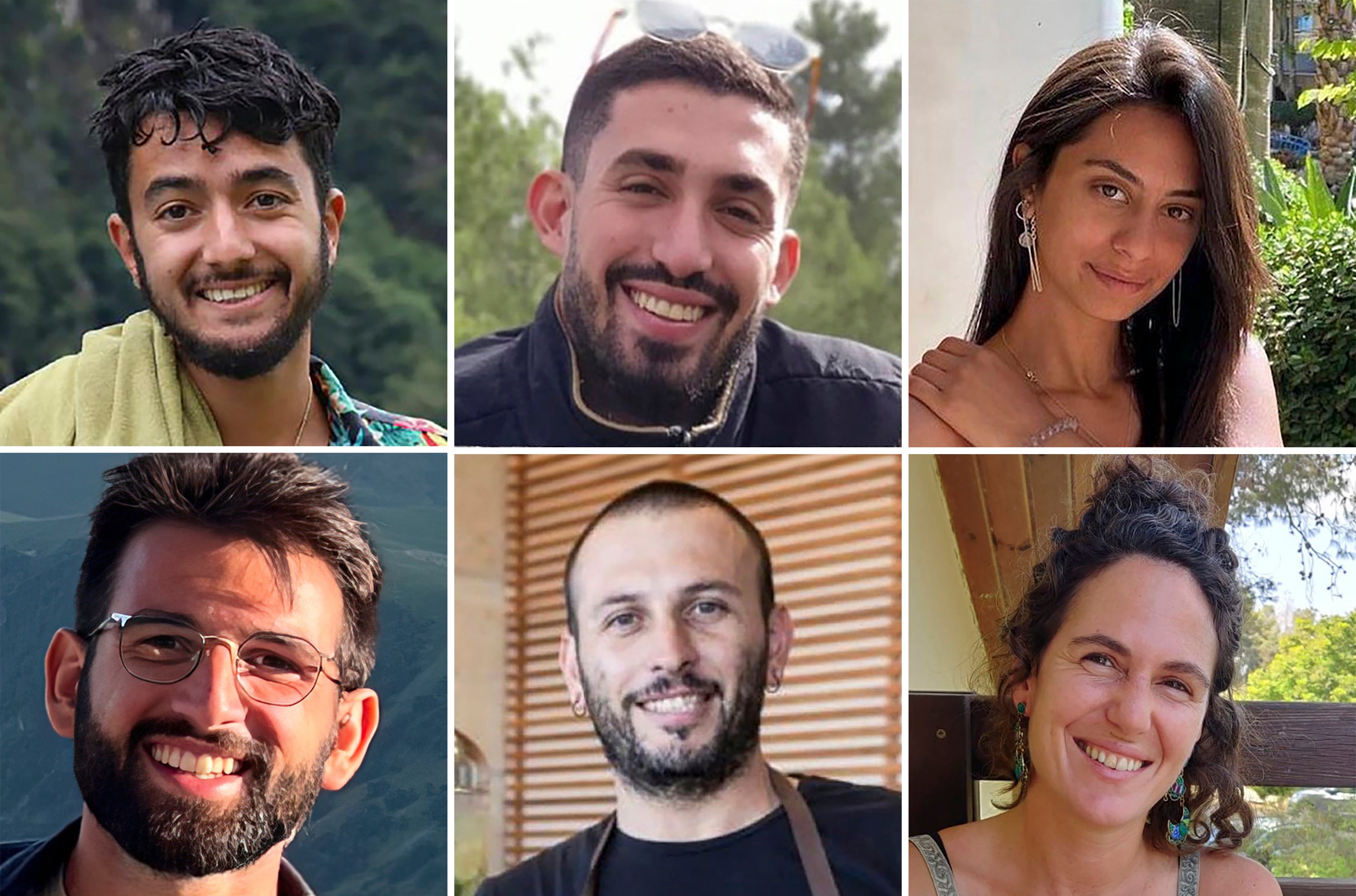
Here's a look at everything we know about the six hostages:
Hersh Goldberg-Polin
The 23-year-old native of Berkeley, California, lost part of his left arm to a grenade blast in the 7 October attack. In April, a Hamas-issued video showed him with his left hand missing, sparking new protests in Israel urging the government to do more to secure his and others’ freedom.
His parents, US-born immigrants to Israel, became perhaps the most high-profile relatives of hostages on the international stage. They met with US President Joe Biden, Pope Francis and others and addressed the United Nations, urging the release of all hostages.
On 21 August, his parents addressed a hushed hall at the Democratic National Convention – after sustained applause and chants of “bring him home”.
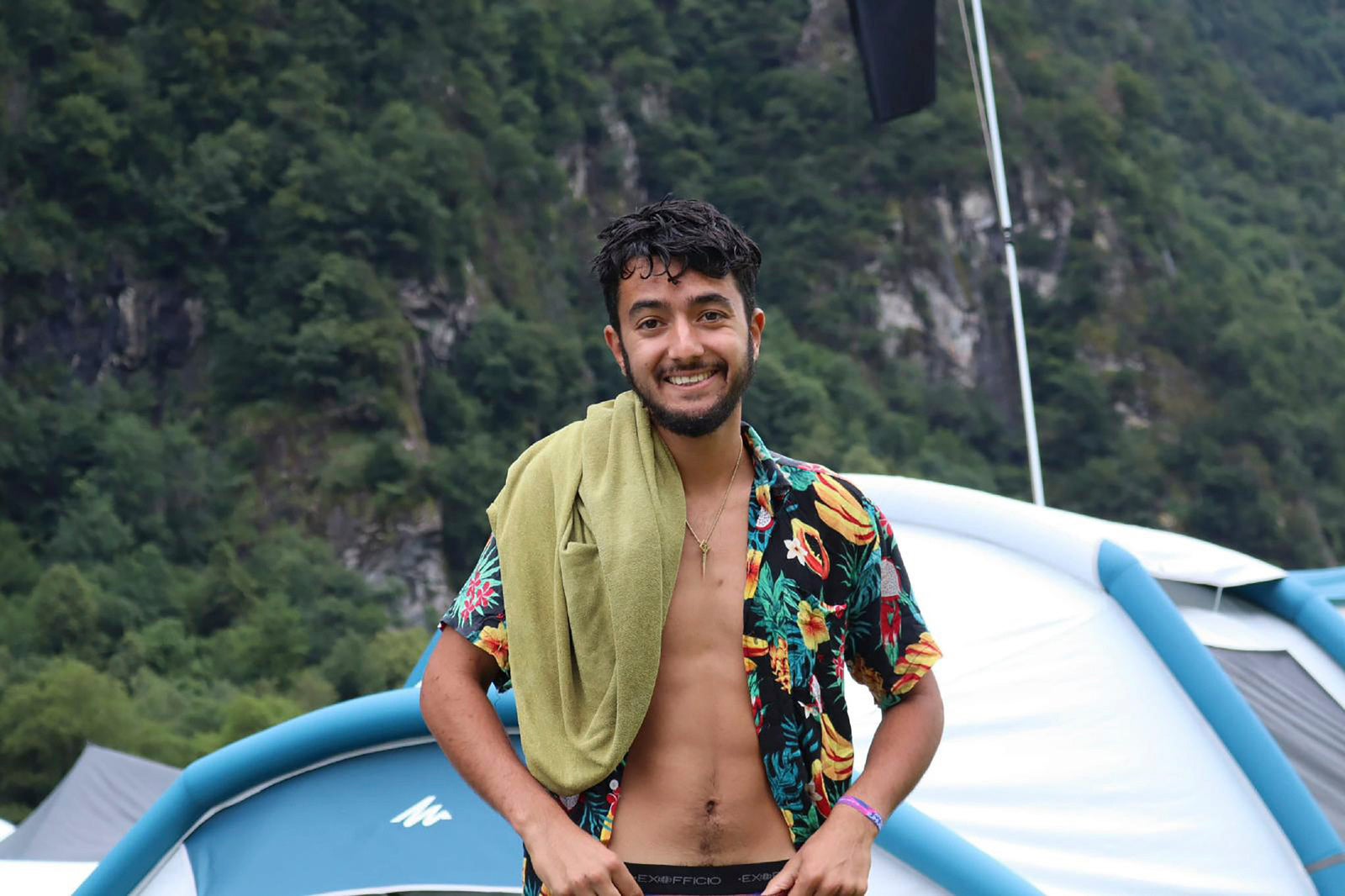
“This is a political convention. But needing our only son – and all of the cherished hostages – home is not a political issue. It is a humanitarian issue,” said his father, Jon Polin. His mother, Rachel, who bowed her head during the ovation and touched her chest, said: “Hersh, if you can hear us, we love you, stay strong, survive.”
They sought to keep their son and the other captives from being reduced to numbers, describing Hersh as a music and soccer lover, and traveller, with plans to attend university since his military service had ended. At events, Rachel often addressed her son directly, urging him to live another day.
Both wore stickers with the number 320, representing the number of days their son had been held. It had long become part of a morning ritual – tear a new piece of tape, write down another day.
Eden Yerushalmi
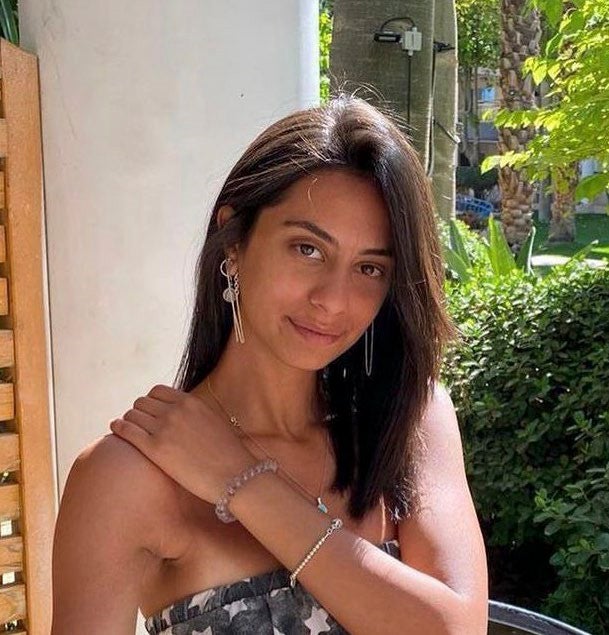
The 24-year-old Tel Aviv-born Ms Yerushalmi loved spending summer days at the beach and was studying to become a Pilates instructor, according to the Hostage Families Forum, which has been leading advocacy efforts for the captives' release.
She was working as a bartender at the open-air Tribe of Nova music festival. When Hamas’ initial rocket attack set off air raid sirens she sent a video to her family, saying she was leaving the party. During the attack, she called the police and was in contact with her sisters over the next four hours, the forum said.
“They’ve caught me,” were her last words to them.
Carmel Gat
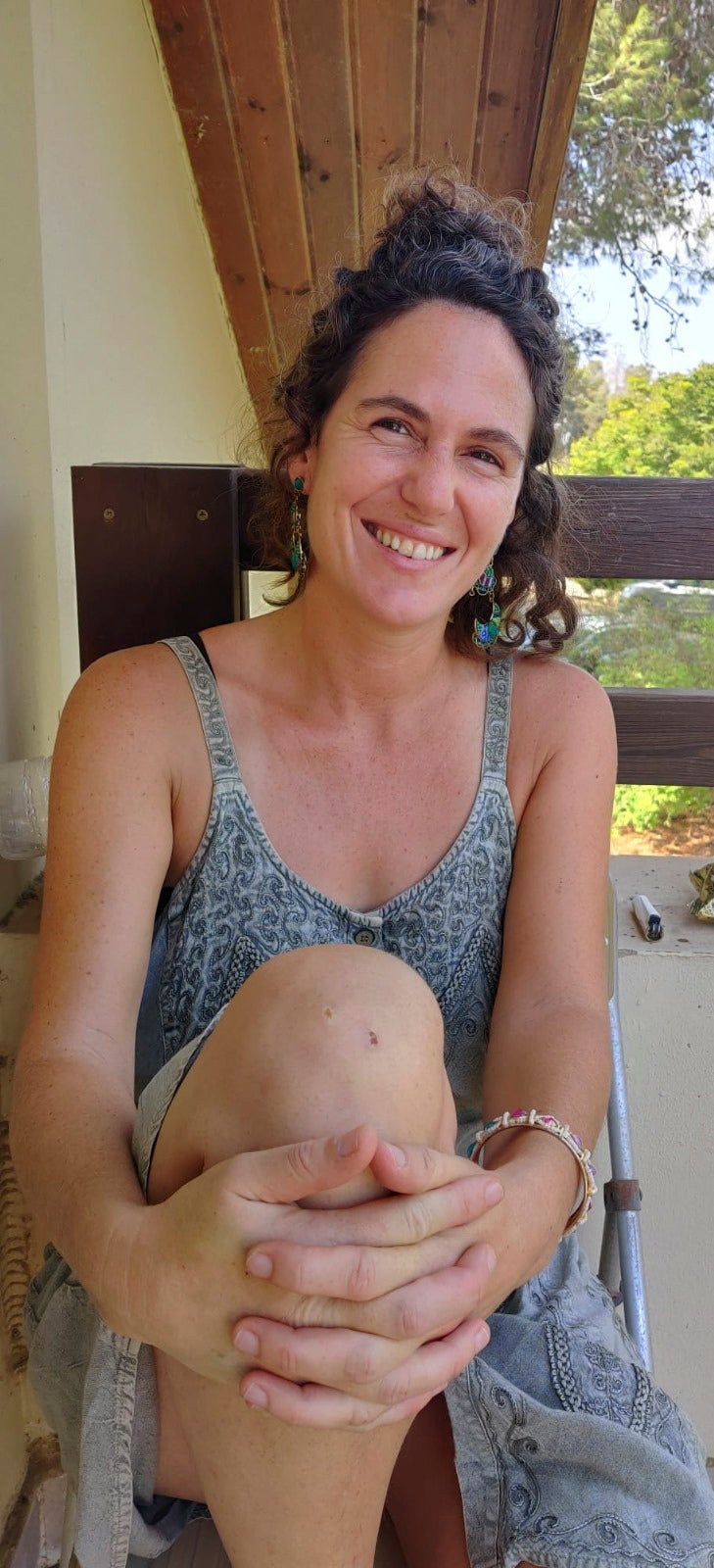
The 40-year-old occupational therapist from Tel Aviv was “full of compassion and love”, and enjoyed solo travel, rock concerts and the band Radiohead, according to the forum.
She was staying with her parents in Kibbutz Be’eri, one of the hardest-hit communities, when militants broke into their home and kidnapped her on the morning of 7 October. Her parents were killed in the attack.
Hostages who were released during a ceasefire in November said she taught them meditation and yoga exercises to help them survive in captivity.
Alexander Lobanov
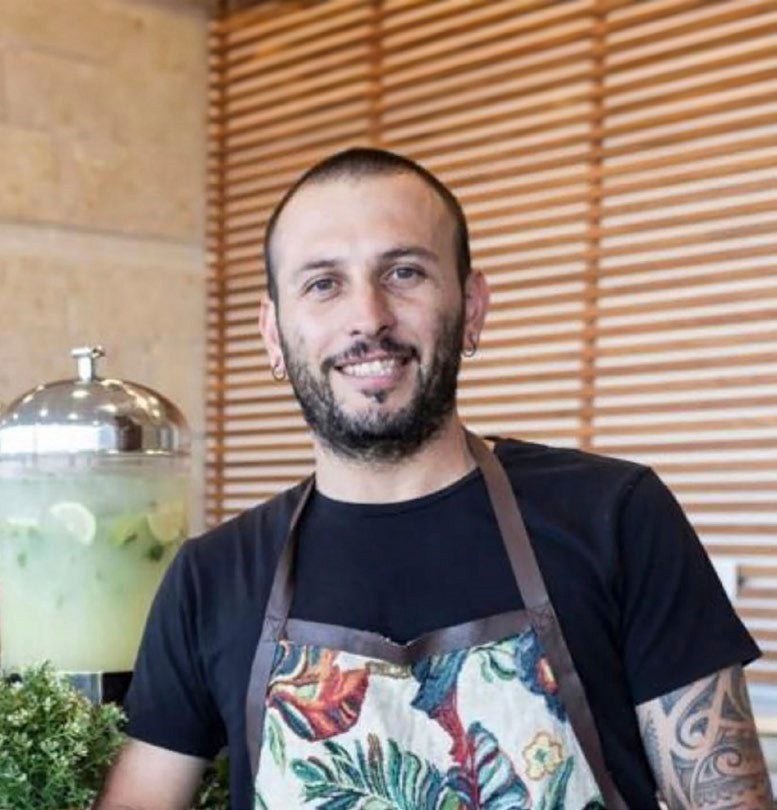
Mr Lobanov was a 33-year-old married father of a two-year-old and a five-month-old baby born while he was in captivity. He was also kidnapped from the music festival, where he had worked as a bar manager.
The forum, citing witnesses, said he helped evacuate people from the festival and ran with others before being abducted. It said the others managed to escape.
Almog Sarusi
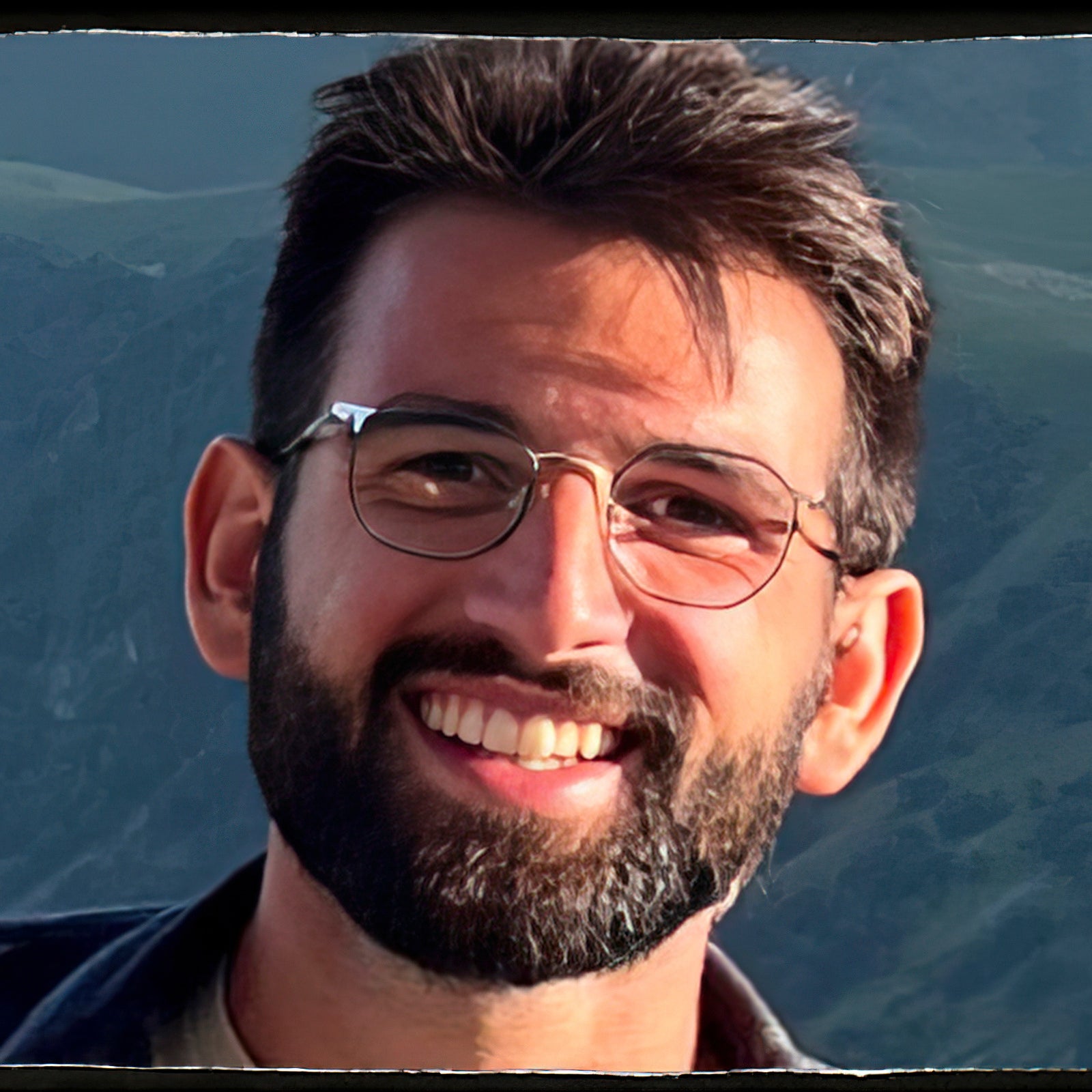
The forum described the 27-year-old as a “vibrant, positive person who loved traveling around Israel in his white jeep with his guitar”. He was at the music festival with his girlfriend of five years, who was killed in the attack.
The forum said Mr Sarusi stayed with her after she was wounded, and he was then abducted.
Ori Danino
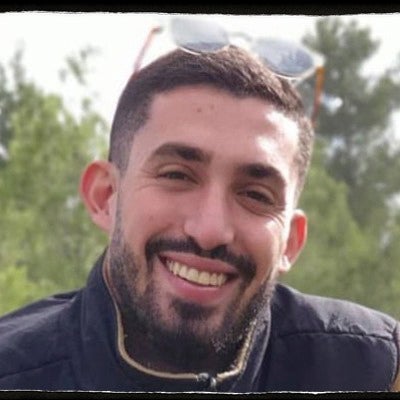
The Jerusalem-born 25-year-old was the eldest of five siblings and planned to study electrical engineering. “Ori was known for his ambition, love for people, and was beloved by all. He loved nature and was very handy,” the forum said.
It said he was kidnapped from the Nova festival while driving back and trying to help others to escape.
Bookmark popover
Removed from bookmarks